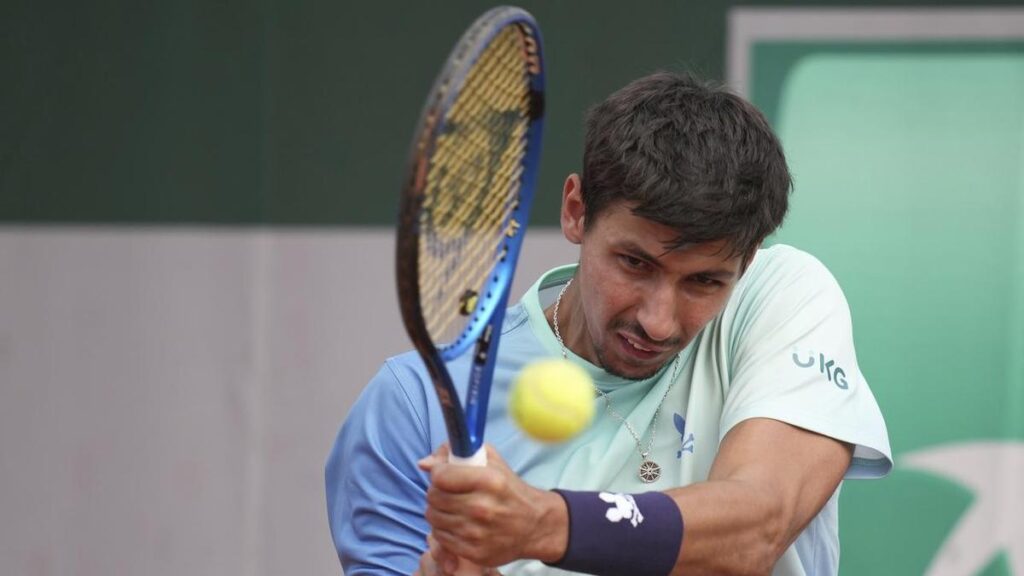The shock exit of Alex de Minaur has left Australian men’s tennis relying on the slim shoulders of Alexei Popyrin to carry the load as the last man standing at Roland Garros – with the No.25 seed saluting his new coach Wayne Ferreira as the secret weapon in his Paris rejuvenation.
De Minaur’s defeat to Alexander Bublik was a great example of just how unpredictable the clay-court slam can be, with Popyrin accepting that every clash in the third round is likely to be just as taxing and hard to call.
But the fact remains that opportunity knocks for the coming man of Australian tennis. He faces Portuguese Nuno Borges in the last 32, a solidly impressive performer ranked No.41, some 16 places below Popyrin.
Then, if he can overcome that hurdle on Friday, he will meet the winner of 24th seed Karen Khachanov against No.12 Tommy Paul in the last 16. These are matches he believes he can win – largely because the 25-year-old Canadian Open champ always fancies he can beat anybody on his day.
That’s particularly true now he’s linked up with two-time Australian Open semi-finalist Wayne Ferreira as his new co-coach alongside long-time fellow South African mentor Neville Godwin.
This all began at the start of the claycourt season following Xavier Malisse’s shock decision to break from Popyrin’s team in March, and the player is adamant Ferreira’s now improving his game, just as he previously helped take soaring Briton Jack Draper’s to new heights.
In a different way, though. When the 53-year-old Ferreira, who was a top-six player himself, worked with Draper, he tried to get the now world No.5 to employ his huge leftie weapons more regularly and aggressively.
“It’s the opposite with me,” smiles Popyrin. “Jack and I have different games. I think I can go ultra-aggressive, and that’s my ‘go to’ when I’m not feeling good – it’s to go for more.
“And for me, it’s just about reining that back a little bit. He also came in and really gave that sense of calmness in the team, which was really important for me at the time.”
Ferreira also offered a key piece of technical advice. “He really helped me on my backhand side, my weaker side. We tinkered with the grip a little bit. We changed the grip, which made sense for me.”
Popyrin’s adamant it’s “worked quite well” as he reached quarter-finals in Monte Carlo and Geneva, and it will need to be as he seeks to defeat former top-30 player Borges, who’s the first Portuguese ever to get this far at Roland Garros.



